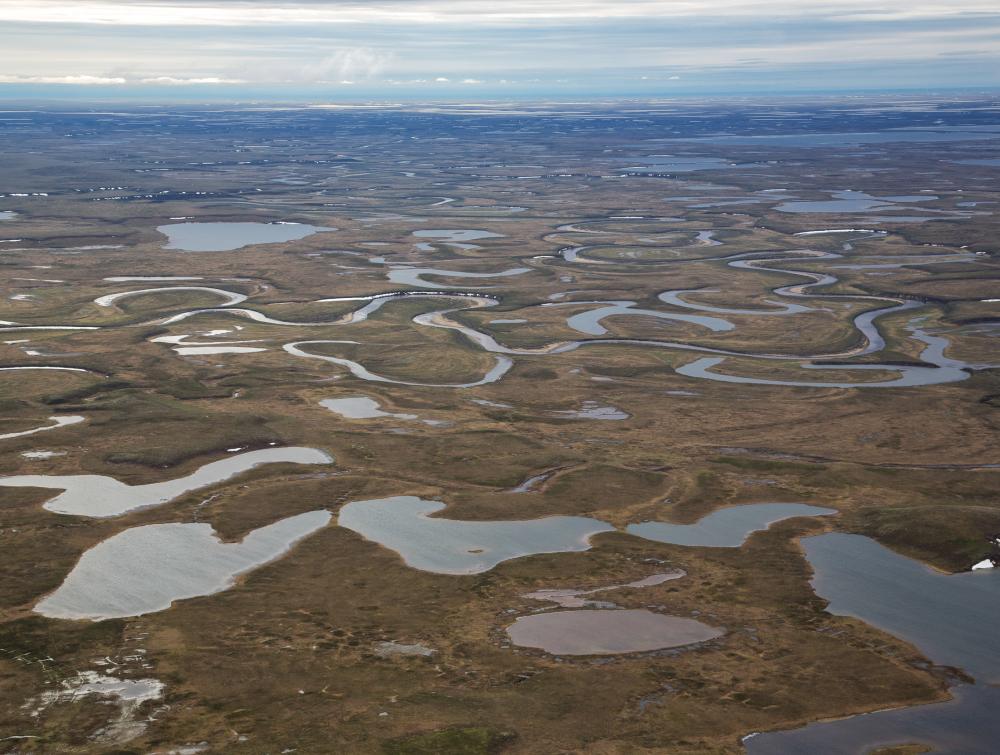ConocoPhillips exploration plan is destructive for Western Arctic

The National Petroleum Reserve-Alaska is a vitally important area for Nuiqsut and other North Slope communities that depend on its diverse wildlife, including caribou, birds and fish.
The federal Bureau of Land Management yesterday released the details of plans by oil giant ConocoPhillips to expand its harmful footprint in the Western Arctic by drilling new test wells and conducting seismic studies near the company’s massive Willow project in the Western Arctic’s National Petroleum Reserve-Alaska.
The plan is subject to only a one-week public comment period and, with the Trump administration’s recent elimination of safeguards that were put in place to protect America’s largest tract of public land, ConocoPhillips’ plan appears to be on track for work to begin this winter.
In reaction to today’s announcement, The Wilderness Society released the following statement from Matt Jackson, Alaska senior manager:
"Leaders in Washington, D.C., and ConocoPhillips are continuing to put profits ahead of people. Reckless megaprojects like this illustrate why we need the strong protections that the Trump administration is gutting. A one-week comment period for ConocoPhillips' massive oil exploration plan released the day before a federal holiday is a slap in the face to all Alaskans and especially the communities living next door to this project, which will mean a steady stream of trucks rolling across the Arctic all winter.
“Instead of protecting the freedom of Alaskans to shape our future, this administration threatens to sacrifice the clean air, clean water and wildlife we depend on, while shortchanging future generations who deserve to inherit healthy lands as we did.”
Officially named the National Petroleum Reserve-Alaska, the 23-million-acre Western Arctic is America’s largest tract of public land and was designated by Congress in the Naval Petroleum Reserves Production Act to be managed for both conservation and energy production.
